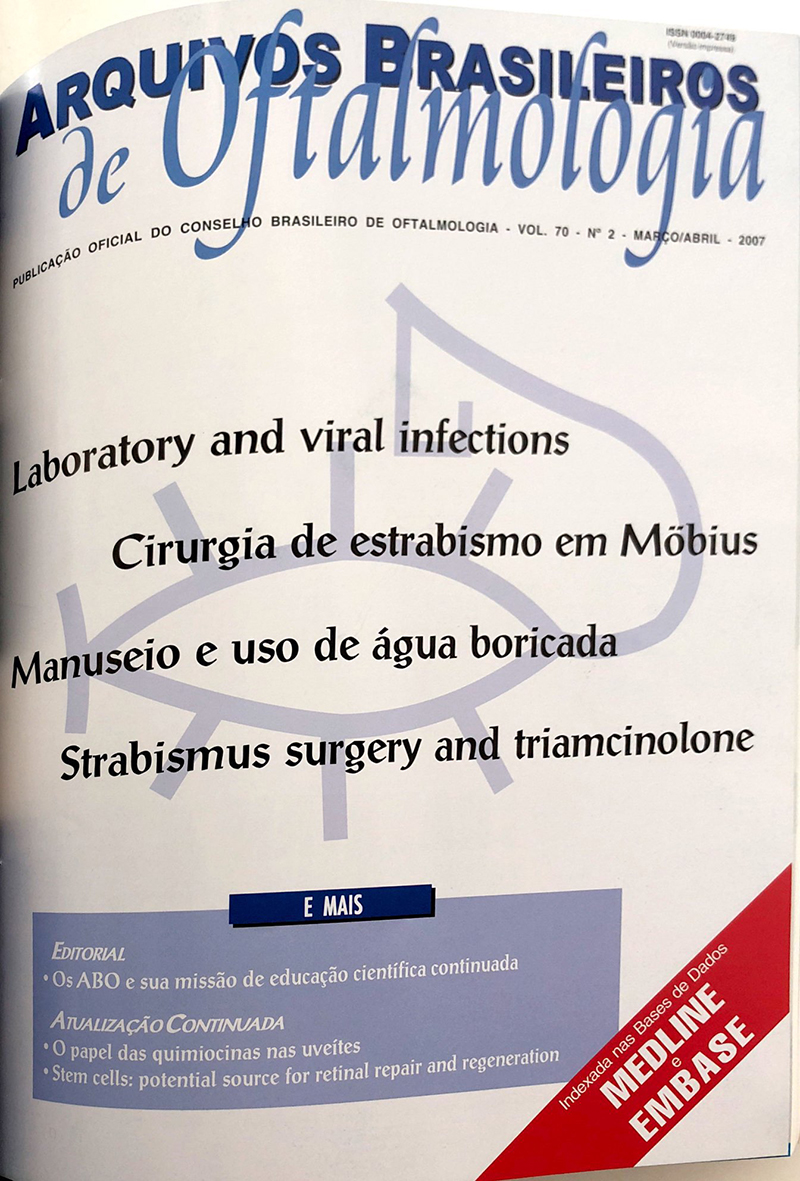PURPOSE: 1) To assess the opinion of teachers involved in visual screening of school-age children and their referral to ophthalmologic examination within the "Eye-to-Eye National Campaign for Visual Disorders Prevention and Rehabilitation" (Campanha Nacional de Prevenção e Reabilitação Visual Olho no Olho); 2) To identify the teachers' perception with respect to the training received for conducting the campaign. METHODS: A descriptive study has been conducted, based on data recorded from the application of a questionnaire to 1,517 elementary school teachers working in public schools in 27 Brazilian states. The following items were examined: received orientation, use of educational videos and handbooks, supplied explanations, difficulties, questions and overall campaign assessment. RESULTS: 82.0% of the teachers stated they had received orientation and 92.0% stated they had read the "Teacher Orientation Manual". Among those who received orientation, 47.0% stated it had been supplied by school officials; 30.0%, by healthcare agents, and 23.0% by ophthalmologists. In the self-assessment of performance, 58.0% reported no difficulties; 32.0% reported questions concerning the campaign activities and the professionals who most frequently asked to provide clarification were those from the State Education Agency (38.0%), followed by the school director (20.0%). CONCLUSIONS: Most teachers considered themselves adequately trained and oriented to take part in the campaign. Teachers' training was provided by administrative officials, previously trained by ophthalmologists ("multiplying effect") and the small percentage of questions raised indicated the validity of the procedure. Concerns have been raised as to the information about the ophthalmologic examination, transportation of the children and delivery of glasses. This kind of program always presents some difficulties and requires adjustments. It should, indeed, be improved, perhaps through a closer involvement of the community and families during its development.
Keywords: Ocular health; School health; School health services; Health promotion; Health education; Health knowledge; attitudes, practice; Eye diseases; Eye diseases; Refractive errors
